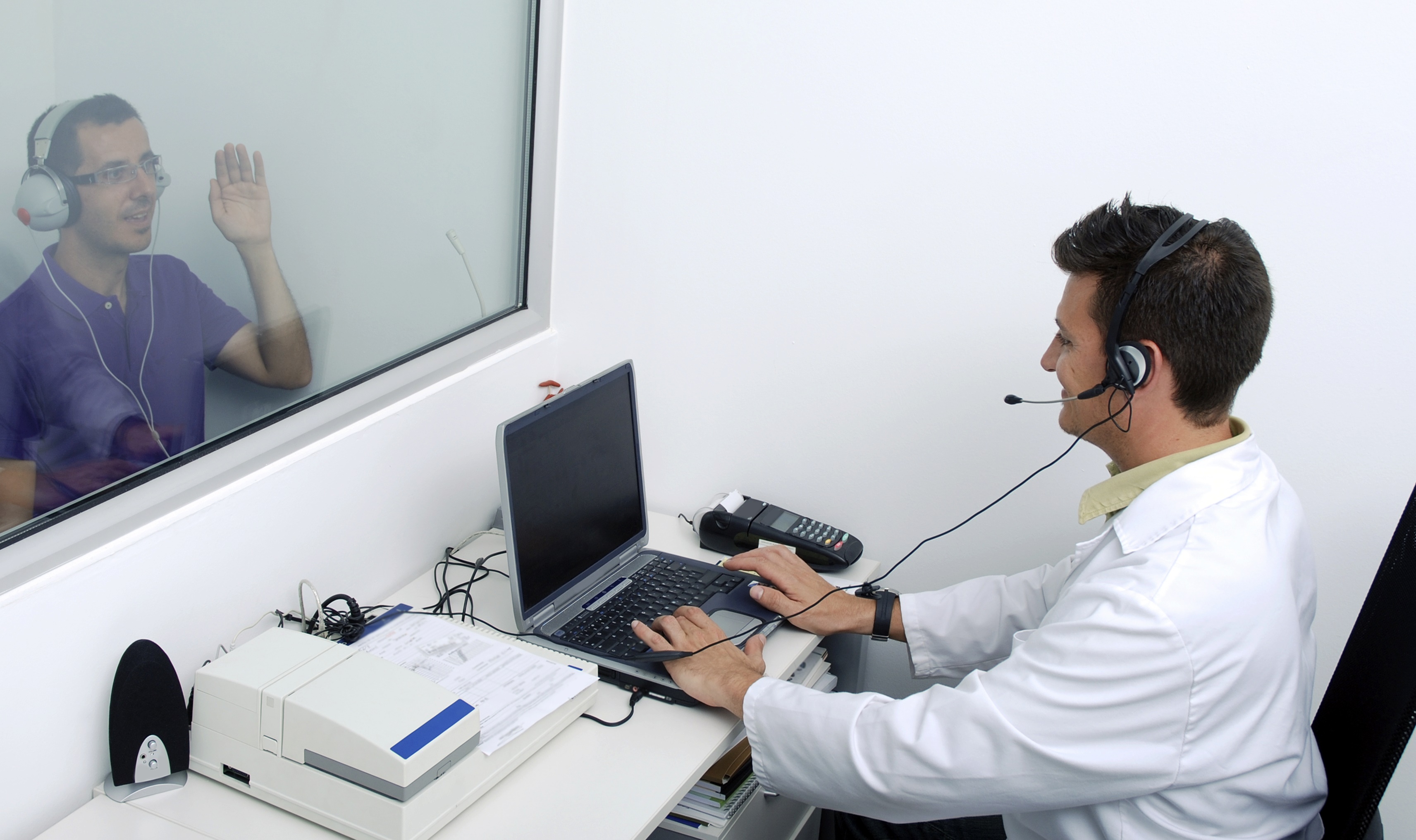
Congratulations on taking the preliminary step toward healthier hearing by booking your hearing test. You’re already ahead of the game, as a large number of people delay having their hearing tested for years—in some cases decades.
But now that you’ve arranged your hearing test, you’ll want to ensure that you’re well prepared for the consultation, especially if test results show that you could benefit from hearing aids. Choosing hearing aids can be confusing, but if you ask the right questions, your hearing care specialist can help guide you to the ideal technology.
To achieve the best hearing possible, make sure to ask these five questions at your upcoming hearing test.
1. What type of hearing loss do I have?
Your hearing care professional will test your hearing using the latest technology, and the results of the test will be printed on a chart called an audiogram. See to it that your hearing professional reviews the audiogram with you and discusses:
- The form and extent of your hearing loss. High-frequency hearing loss is most common, and is categorized as mild, moderate, severe, or profound.
- How hearing aids can help, and if and why you’d require hearing aids for one or both ears. Hearing loss in both ears is ideally treated with two hearing aids, and the audiogram will demonstrate the results for both ears.
2. Which hearing aid is best for my needs?
Each patient’s hearing loss and listening requirements are unique. The more your hearing professional understands about your lifestyle, the better they can prescribe the suitable technology.
If you’re highly active, for example, you might consider the most up-to-date hearing aid technology with wireless capability. If you don’t need all of the bells and whistles, however, a more economical solution is likely a better fit.
3. What are my options for financing?
Next up is everyone’s least popular subject—price. Although you should take into account that the benefits of hearing aids far surpass the cost (the monthly expense in most instances being lower than the cable TV bill), the price can still seem to be high.
A number of financing possibilities are available that can help you cover the cost, although not all options are available to each patient. Nonetheless, you should ask your hearing professional about some of these sources:
- private insurance (rare but worth asking about)
- Medicare and Medicaid
- Veterans Administration benefits
- charitable organizations
- state programs
- financing options (special healthcare credit arrangements)
4. How can I most effectively adapt to my new hearing aids?
After you’ve identified your ideal hearing aids and have had them professionally fit, you can go back home and immediately hear perfectly without any problems, right?
Not exactly. Much like anything brand new, you’ll need some time to adjust. You’ll be listening to sounds you haven’t noticed for some time, your voice may sound different, and the fit may feel strange. This is completely normal and expected, and will take care of itself in a short amount of time. You just have to be patient.
Ensure that your hearing professional gives you instructions on how to best adapt to your hearing aids, including how to operate them and how to master the features.
5. How do I maintain my hearing aids?
Hearing aids are leading-edge and dependable products that should operate reliably for years. Still, they will necessitate regular cleaning and care. Talk to your hearing professional about cleaning products and practices, storage methods, accessories, and battery management.
Also, it’s a good idea to have your hearing practitioner professionally clean your hearing aids one or two times a year.
As you prepare for your hearing test, remember that obtaining the best outcome requires:
- understanding your hearing loss
- coordinating your hearing loss and lifestyle to the right technology
- selecting an affordable solution based on your budget
- fitting and programming your new hearing aids
- adjusting to and maintaining your hearing aids
With the help of your community hearing care professional—and by asking the right questions—you can assure the best outcome and a life of better hearing.
